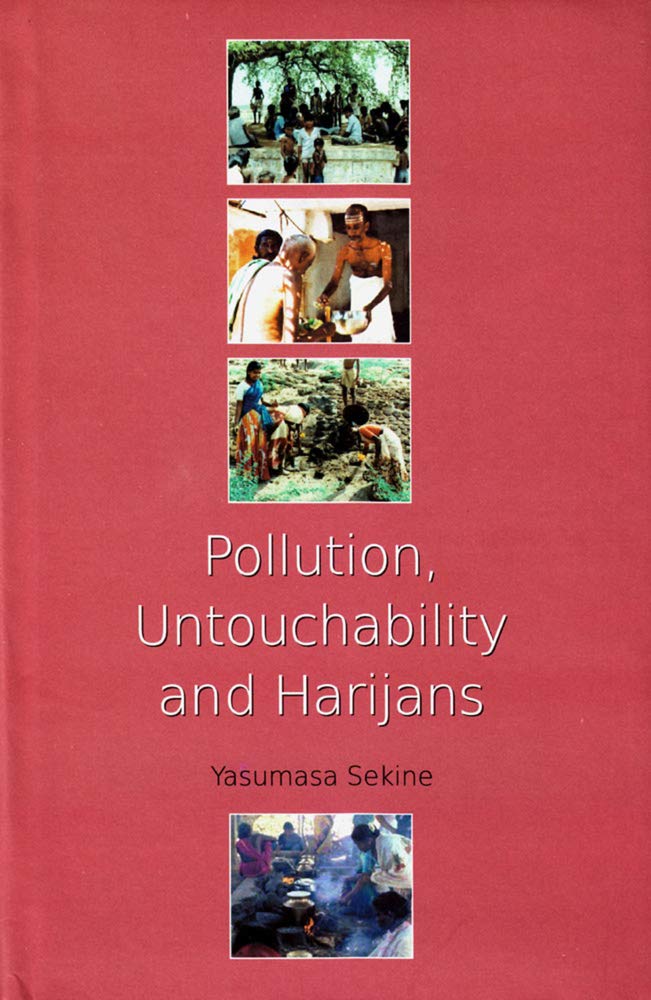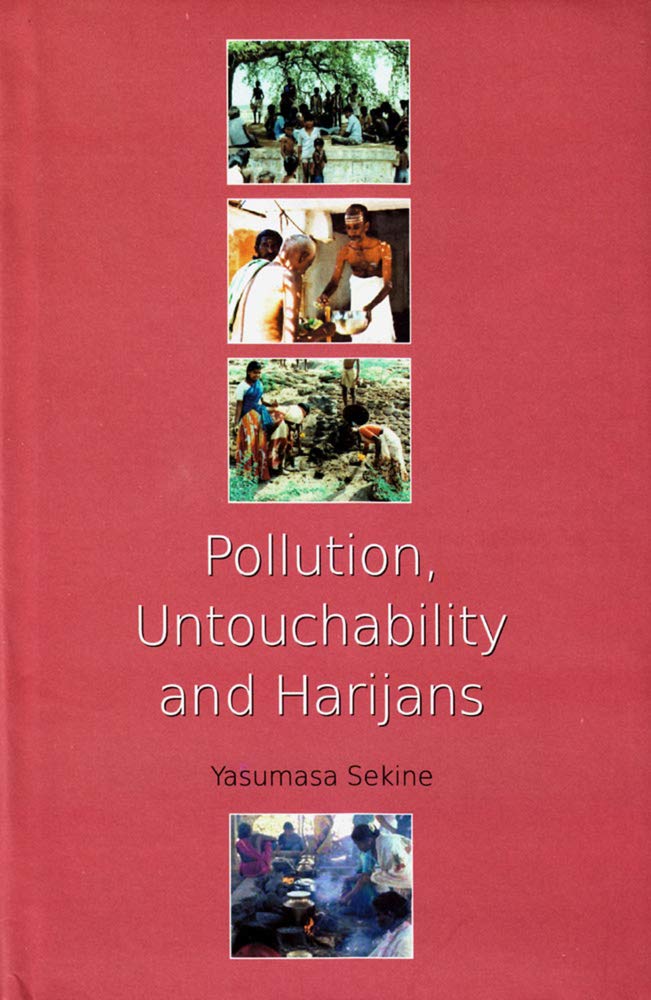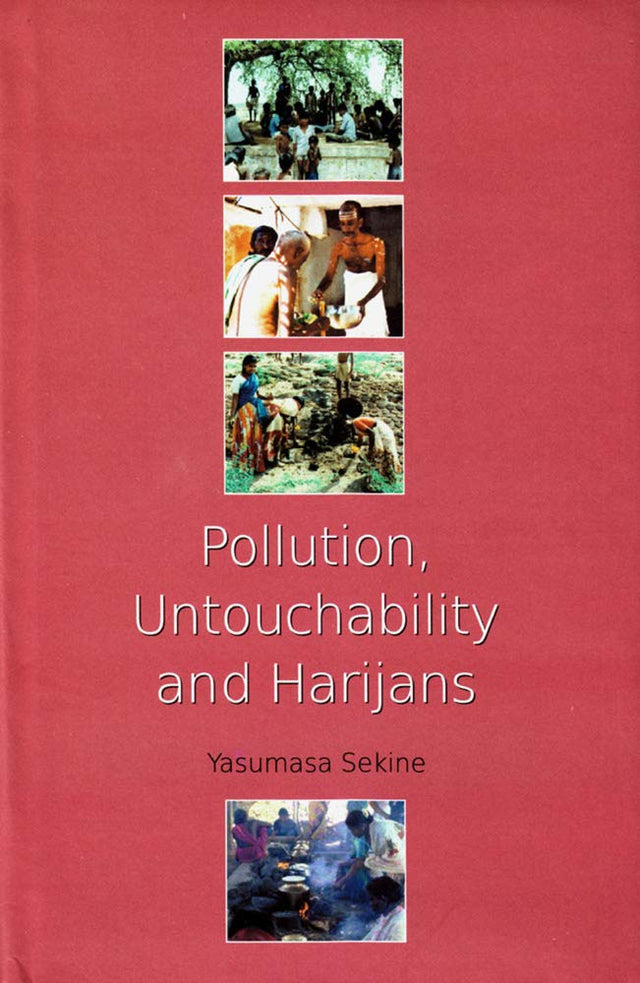Pollution, Untouchability and Harijans: A South Indian Ethnography
Pollution, Untouchability and Harijans: A South Indian Ethnography is backordered and will ship as soon as it is back in stock.
Couldn't load pickup availability
Genuine Products Guarantee
Genuine Products Guarantee
We guarantee 100% genuine products, and if proven otherwise, we will compensate you with 10 times the product's cost.
Delivery and Shipping
Delivery and Shipping
Products are generally ready for dispatch within 1 day and typically reach you in 3 to 5 days.
Book Details:
-
Author: Yasumasa Sekine
-
Publisher: Rawat Publications
-
Language: English
-
Edition: 2011
-
ISBN: 9788131603857
-
Pages: 390
-
Cover: Hardcover
-
Dimensions: 9.7 x 6.3 x 1.2 inches
About the Book
Pollution and Marginality: A Study in Tamil Nadu by Yasumasa Sekine offers a critical re-examination of the Dumontian "pure-impure" ideology that has long dominated anthropological interpretations of caste and pollution in India. Based on intensive fieldwork conducted in the village of Kinnimangalam, Tamil Nadu, the book challenges the reductionist view that sees pollution purely as a repressive, negative concept.
Sekine argues that "pollution" and "impurity" are not synonymous and that pollution, rather than simply a mechanism of exclusion, can also serve as a site of agency, resistance, and transformation—especially for Harijans (Dalits/untouchables). By analyzing village rituals, everyday behaviors, and socio-economic realities across caste lines, the book uncovers how marginalized groups strategically navigate and negotiate their lives within the same ideological framework shared by dominant castes.
Rather than reinforcing the stereotypical portrayal of Indian society as static and inherently discriminatory, Sekine’s study opens up new perspectives on the lived realities of caste and cultural identity. The text provides a fresh theoretical framework for understanding marginality and subaltern agency, extending its implications beyond the Indian context to global discourses on social discrimination.
This book is an important resource for anthropologists, sociologists, South Asian studies scholars, and anyone interested in caste, identity politics, and the dynamics of ritual and everyday life in rural India.





